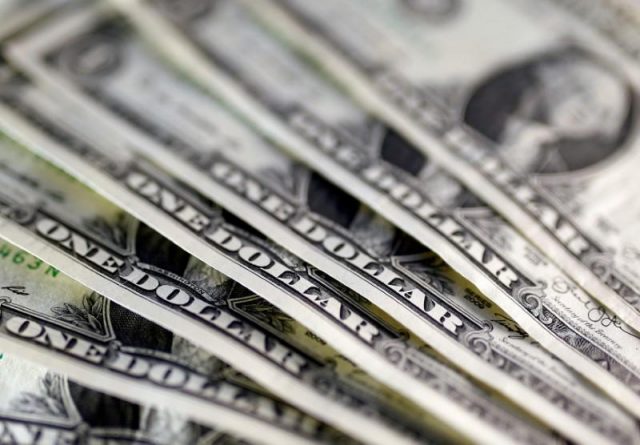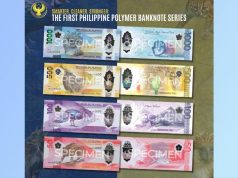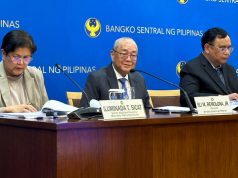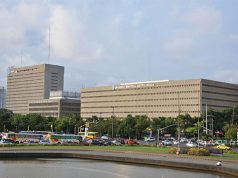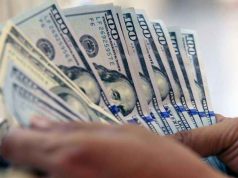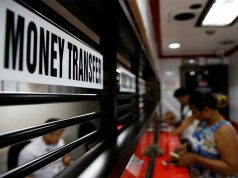MANILA – The central bank plans to lift by yearend the requirement for banks and companies to register foreign exchange transactions, a move seen to improve ease of doing business in the Philippines.
Bangko Sentral ng Pilipinas (BSP) Governor Nestor A. Espenilla, Jr. said monetary authorities plan to simplify the registration process for inbound investments and currency trading “as part of the further FX liberalization reforms,” adding that they are considering an electronic reporting scheme.
“The BSP is, in fact, working on a new regulation in consultation with the banking industry. Basically, what we want to do is to do away with the registration process as a necessity to be able to access foreign exchange from the financial system,” Mr. Espenilla said yesterday during a luncheon meeting hosted by the European Chamber of Commerce of the Philippines.
Mr. Espenilla emphasized the need to further reform foreign currency regulations in keeping with the times, tracing the registration requirement back to the 1970s at a time when dollars had to be “rationed” given a limited supply.
“Today is a very different economy: there’s a lot of foreign exchange available to the country,” the central bank chief noted.
“The only interest now of the BSP is we basically want transactions to be reported to the BSP, but not as a screening mechanism of what should come in or out,” he explained.
“We are reforming the system such that — if it’s possible — to do an electronic report so you don’t have to even submit documents to the BSP,” Mr. Espenilla added, noting that such a plan will also cover foreign loans secured by the private sector.
The BSP chief, however, said the reporting system will remain intact so that the central bank can still have access to statistical data, which it uses in reporting monthly investment flows as well as in computing the country’s balance of payments position.
“That actually being drafted right now. I hope to see that before the end of the year,” Mr. Espenilla told reporters when asked for a timetable for this latest forex reform.
Existing rules render registration of foreign investments optional.
However, registration allows foreign investors concerned to acquire dollars from authorized agent banks and send the money back to their home country.
At the same time, the BSP mandates the registration of foreign currency-denominated borrowings to help the BSP manage the country’s debt profile.
The new wave of foreign exchange liberalization is likewise expected to move more transactions to banks and away from the black market, Mr. Espenilla said.
The central bank has been liberalizing its foreign exchange rules since 2007.
In December last year, the BSP unveiled a 10th wave of easing that put in place an “express provision” to facilitate capital infusion of foreign banks for branches operating in the Philippines.
Previous changes to foreign exchange rules include a higher limit for over-the-counter dollar purchases at $500,000 for individuals and $1 million for companies.
Dollars acquired through Philippine lenders may likewise be kept as dollar deposits at the banks and may be used to settle person-to-person transactions.

